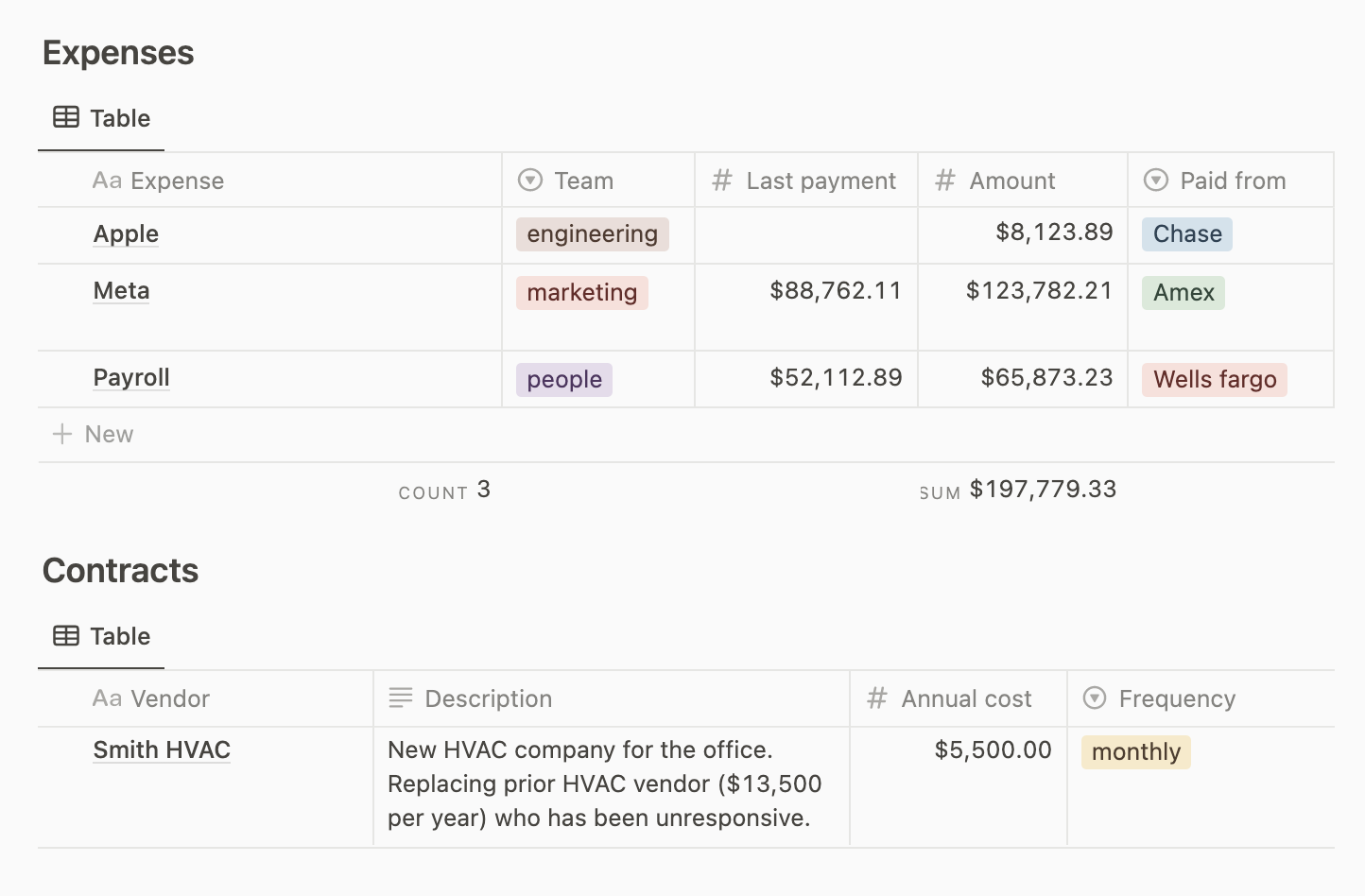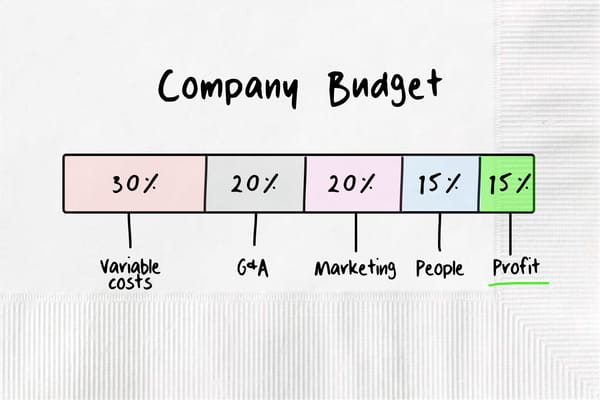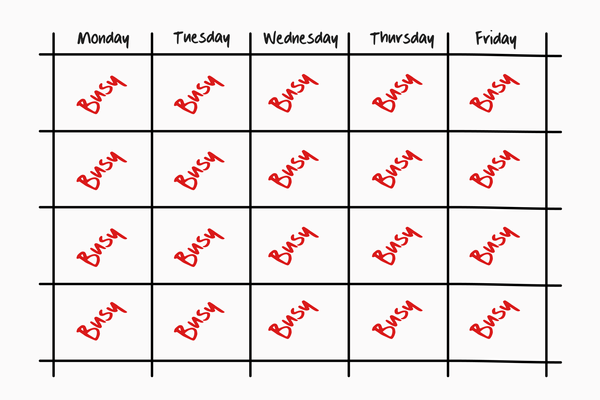3 Tools to Stop Startup Fraud and Waste
Three financial hygiene tools can eliminate fraud and dramatically reduce waste at any company.

A few years ago, I hired an executive coach to help run a strategy day for the leadership team at Albert, the company I run. During one of the sessions, he told me that the CEO should not worry about line items in G&A expenses. Delegate this, he said. Perhaps counterintuitively, his approach leads to inefficiency and waste.
Investors are realizing that there is fraud and waste in their portfolios. Some of it has been exposed, like FTX. More of it will be exposed soon. For example, Softbank is suing the CEO of IRL, a pandemic-era social app, claiming that 95% of its users were fake. While big cases like FTX get headlines, they are also rare. Most cases are more subtle: a company was run legally, but poorly, and could have thrived with financial discipline.
Fraud and waste don't have to exist at any company though. They can be removed with simple tools.
Three fundamental tools
There are three tools any organization can use to keep a tight grip on its money:
- Weekly finance approval
- Monthly cash reconciliation
- Quarterly recurring expense review
The basic principle behind each of these is adding visibility: it's much easier for someone to waste money or commit fraud alone than it is for someone to convince multiple coworkers to do so.
Below are templates and processes for each of these tools. All of these tools can be used asynchronously, and none require a recurring meeting. If you're serious about building a profitable, scalable organization, all three are mandatory.

1. Weekly finance approval
What a company spends money on closely tracks the company's priorities.
At Albert, every expense is requested by someone on the leadership team, and both the CFO and CEO approve every expense above a certain threshold. To manage this, we run an asynchronous, written weekly approval process—the Weekly Finance Document. It takes only 15 minutes every Tuesday to review expenses.
It's a four step process:





